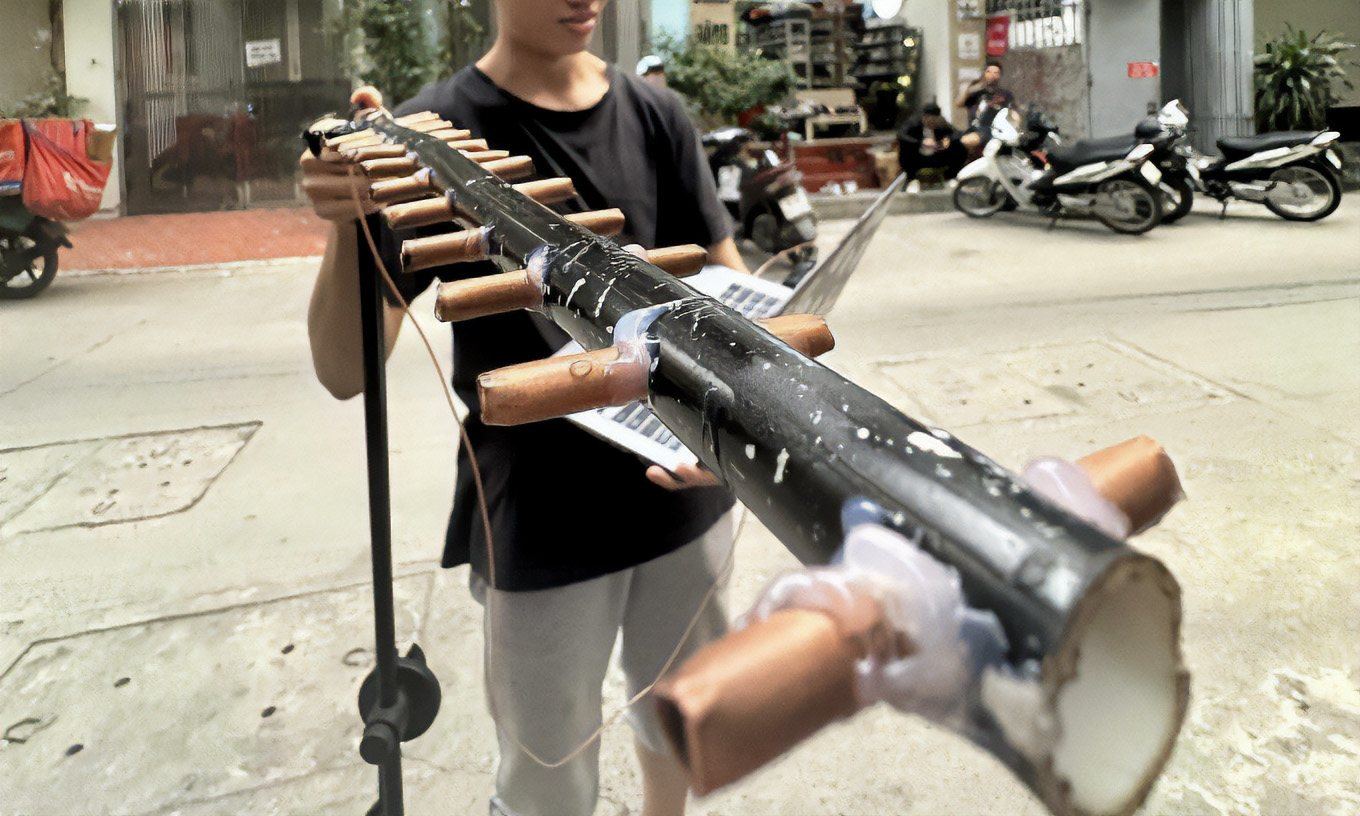In the digital age, concerns about cybersecurity are not unwarranted. With the prevalence of wireless networks in homes and businesses, ensuring the security of your Wi-Fi connection is paramount. Despite the common misconception that such concerns may be overly paranoid, recent developments have shed light on a particularly effective and undetectable method of attacking WPA/WPA2-protected Wi-Fi networks: PMKID interception.
PMKID interception exploits a default setting enabled on many routers, allowing attackers to intercept encrypted Wi-Fi passwords constantly broadcasted by routers, even when no devices are connected to them. This intercepted data can then be subjected to brute-force decryption, granting unauthorized access to the network.

The simplicity and efficacy of this attack are underscored by the technique of wardriving, where attackers roam cities scanning for vulnerable wireless networks. Armed with just a laptop, a long-range Wi-Fi adapter, and a powerful antenna, attackers can execute mass hacking endeavors, compromising numerous networks with relative ease.
The vulnerability stems from the 802.11r standard, which facilitates fast roaming in Wi-Fi networks but inadvertently exposes the network’s hashed password, known as the Pairwise Master Key Identifier (PMKID). Despite the hashing process being theoretically irreversible, the use of weak passwords renders intercepted PMKIDs susceptible to brute-force attacks.

However, there are steps you can take to safeguard your wireless network against PMKID interception:
- Strengthen Your Password: Create a lengthy and complex password for your wireless network. The more intricate the password, the harder it is for attackers to decrypt. Avoid common combinations and opt for a unique passphrase.
- Disable PMKID Transmission: Check if your router allows you to disable PMKID transmission in its settings. While not available on all routers, this feature can mitigate the risk of interception.
- Switch to WPA3: If your devices support it, consider upgrading to the WPA3 security standard. WPA3 offers enhanced security features and is impervious to PMKID interception.
By implementing these protective measures, you can significantly bolster the security of your wireless network and thwart potential attacks. Remember, proactive measures are crucial in safeguarding against evolving cybersecurity threats. Stay vigilant, stay secure.
In conclusion, the threat posed by PMKID interception underscores the importance of prioritizing wireless network security. By understanding the mechanics of this attack and implementing preventative measures, individuals and businesses can fortify their networks against malicious intrusions.

